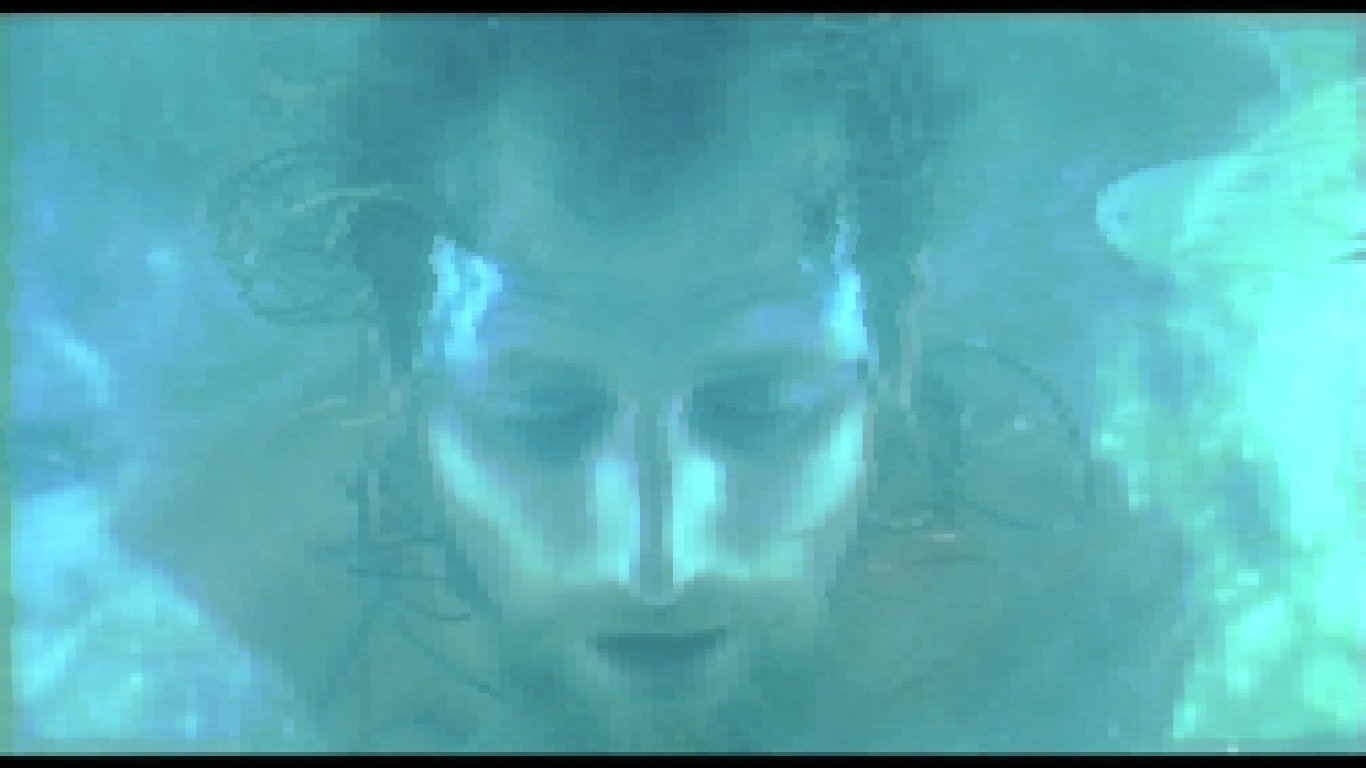COLEMAN EDWARD DUES / from ESSAY ON NATURAL HISTORY
This piece appears in full in Always Crashing Issue Five, now available to order via Bookshop, Barnes and Noble, Amazon, and local bookstores everywhere (we particularly like Pilsen Community Books in Chicago and White Whale Books in Pittsburgh).
Let’s say that you have a rat in a box with a lever.1 Muscles move into place like autonomous parts of a severed insect.2 As death is the limit of human life in the realm of time, madness is its limit in animality, and just as death had been sanctified by the death of Christ, madness, in its most bestial nature, had also been sanctified.3
The parched plants of the desert fought for life, growing far apart, sending enormous roots deep to pierce the sand and split the rock for moisture, arming every leaf with a barbed thorn or poisoned sap, never thriving and ever thirsting.4 But at the same time it was necessary to produce the geometrically straight lines, planes, circles, cylinders, cones, spheres, required in the detail of the machines.5 Now on the landscape of the death earth, the Luftwaffe continues to fly into Volkswagens through the asphalt skies of death.6
It is supposed that a rifle and a penis are similar.7 I am not unaware how shocking this word might seem here.8 To deny this is to think that an object cannot be identical with itself, which is impossible (and so only true in an impossible world).9 Anybody can tell this the minute they pick up any ordinary book any ordinary newspaper any ordinary advertisement or read any ordinary road sign or slang or conversation.10 Hollywood itself tells us the background is composed of voices speaking from beyond their own annihilation.11 Isn’t it plain that sheets of moss, except that they have no tongues, could lecture all day if they wanted about spiritual patience?12
The insides of the machine at night like a garden of carnivorous plants.13 We wanted to kill ourselves, but we also wanted to buy shoes, or become productive adults, and sometimes we aspired to innocence, to elder modes of personhood, but there was something antique, almost quaint about personhood, especially when this era of constant war was just sliding into view.14 What we have left of Whitman’s discredited dream of cultural revolution are paper ghosts and a sharp-eyed witty program of despair.15 Out of the sea, the drive of oil, socket and grave, the brassy blood, flower, flower, all all and all.16
Let us consider a row of cherry trees.17 Mother, monogamy, romance.18 She entered the root of space through that immaterial window and disappeared.19 Her eyelids flicker in the night.20 Secretive persons tend to generalized memories, discreet editings, and the inevitable seasoning of sugar.21 Tree conversations are still far above our heads.22
Legend has it that during WWI, soldiers of the Austrian Empire would order the Spritz to enliven and add depth to the local bubbly.23 Instruments of war transformed into instruments of peace (from scales and armor, feathers and hair).24 Had the ability to kill someone on the street walk back and finish a joke.25 Yet he is neither here nor there because the mind moves everywhere; and he is neither now nor then because tomorrow comes again, foreshadowed, and the ragged wing of yesterday’s remembering cuts sharply the immediate moon; nor is he always: late and soon becoming, never being, till becoming is a being still.26 Sky a cadmium yellow from the fires to the north.27
A few white clouds all rushing eastward, a line of elms plunging and tossing like horses, and everyone, everyone, pointing up and shouting!28 They’re coming, bringing their memory movies, some work to take with us to the moon, this long overdue blotch.29 Rifts and sagas fill the air, and beautiful old women sing of them, so the air is filled with music and the smell of berries and apples and shouting when a gun goes off and crying in closed rooms.30 Only above the U.S.A. city was the sky blank of stars; its color was pearly and blank.31
Agape, he observes the clouds and what is hanging in them: globes, penal codes, dead cats floating on their backs, locomotives.32 He catalogues his past in terms of fashion and fads, public events and private fantasies, with such honesty and accuracy and in such abundance that, sooner or later, his history coincides with ours and we are hooked.33 He glances upward, like he’s looking for rain before stepping out from under an awning.34 Reaching home mechanically, without taking off his uniform, he lay down on the sofa and…died.35 It has made his job easier, he noted, archly.36 God could do without the ichthyosauri and the mastodon.37
In a word, is it not because the atoms were, at some remote epoch of time, even more than together—is it not because originally, and therefore normally, they were One—that now, in all circumstances—at all points—in all directions—by all modes of approach—in all relations and through all conditions—they struggle back to this absolutely, this irrelatively, this unconditionally one?38 Every little piece was an individual animal with a built-in desire to protect its own life.39 Is there even a boundary between you and the non-living world, or will the atoms in this page be a part of your body tomorrow?40 Bestiality has a new status in this cycle of marriage exchange.41
Coming Soon, a new modern look to your bill.42 Here it is again, like an appearing-disappearing monolith in the desert, ominous and numinous at the same time.43
WORKS CITED
2. William Burroughs, Naked Lunch↩
3. Michel Foucault, Madness and Civilization: A History of Insanity in the Age of Reason↩
4. Zane Grey, The Heritage of the Desert↩
5. Karl Marx, Capital: A Critique of Political Economy↩
6. Bob Kaufman, “The Ancient Rain,” The Ancient Rain: Poems 1956-1978↩
7. Wilfred Bion, Attention and Interpretation↩
8. Jacques Derrida, “Différance,” Margins of Philosophy↩
9. Paul Kabay, On the Plenitude of Truth: A Defense of Trivialism↩
10. Gertrude Stein, “Lecture One,” Lectures in America↩
11. Rae Armantrout, “Again,” Next Life↩
12. Mary Oliver, “Landscape,” Dream Work↩
13. Charles Simic, “The Big Machine,” The Book of Gods and Devils↩
14. Ariana Reines, foreword to Zirconia………Bad Bad, by Chelsea Minnis↩
15. Susan Sontag, introduction to On Photography↩
16. Dylan Thomas, “All All and All the Dry World’s Lever,” The Collected Poems of Dylan Thomas, 1934-52↩
17. Ernest Fenollosa, The Chinese Written Character as a Medium for Poetry↩
18. Aldous Huxley, Brave New World↩
19. Alejandro Jodorowsky, Albina and the Dog-Men↩
20. Eimear McBride, A Girl Is a Half-Formed Thing↩
21. Elizabeth Hardwick, Sleepless Nights↩
22. Robin Wall Kimmerer, Braiding Sweetgrass↩
23. The back of a bottle of Cappelletti Aperitvo↩
24. Friedrich Nietzsche, The Will to Power↩
25. Michael Ondaatje, The Collected Works of Billy the Kid↩
26. Stanley Kunitz, “Change,” Selected Poems, 1928-1958↩
27. Michael Palmer, “The Words,” Company of Moths↩
28. Theodore Roethke, “Child on Top of a Greenhouse,” The Lost Son and Other Poems↩
29. Larry Fagin, “Acid Rock,” Complete Fragments↩
30. Mary Ruefle, “Saga,” Trances of the Blast↩
31. David Foster Wallace, Infinite Jest↩
32. Czeslaw Milosz, “Artificer,” New and Collected Poems 1931-2001↩
33. Village Voice blurb for I Remember, by Joe Brainard↩
34. Carmen Maria Machado, In the Dream House↩
35. Anton Chekhov, The Death of a Clerk↩
36. Jia Tolentino, “The Age of the Instagram Face,” The New Yorker↩
37. D.H. Lawrence, Women in Love↩
38. Edgar Allen Poe, Eureka: A Prose Poem↩
39. John Carpenter, The Thing↩
40. Neil Evernden, “Beyond Ecology: Self, Place, and the Pathetic Fallacy,” The North American Review↩
41. Donna Haraway, A Cyborg Manifesto↩
42. A utility bill from Consolidated Edison↩
43. Aldon Lynn Nielsen, blurb for The Matrix, Poems: 1960-1970↩
Coleman Edward Dues is the associate content producer at the Academy of American Poets, where he produces Poem-a-Day. His recent work can be found in Word For/Word, Ligeia, Blazing Stadium, and petrichor, among other places. In New York, they call him Tex.

